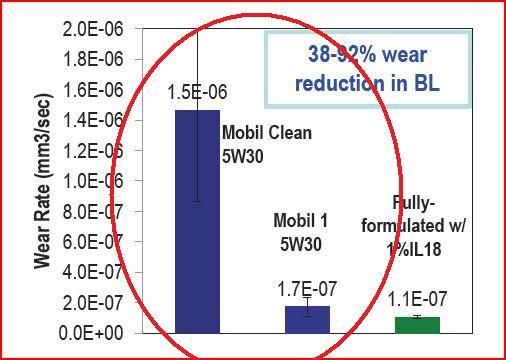Originally Posted By: CrawfishTails
The graph below is from a research project at Oak Ridge National Labs with GM, and they accidentally showed a result that Mobil wishes nobody sees:
You do realize how tiny those numbers are, right? And roughly ten percent of a very tiny number is an even tinier number, and ten times a very tiny number is still a very tiny number.
Statistically significant may not amount to a hill of beans in the real world. Having engines go hundreds of thousands of miles on conventional (and that's not far fetched), I can assure you I'm not worried about base stocks.
The graph below is from a research project at Oak Ridge National Labs with GM, and they accidentally showed a result that Mobil wishes nobody sees:
You do realize how tiny those numbers are, right? And roughly ten percent of a very tiny number is an even tinier number, and ten times a very tiny number is still a very tiny number.
Statistically significant may not amount to a hill of beans in the real world. Having engines go hundreds of thousands of miles on conventional (and that's not far fetched), I can assure you I'm not worried about base stocks.




